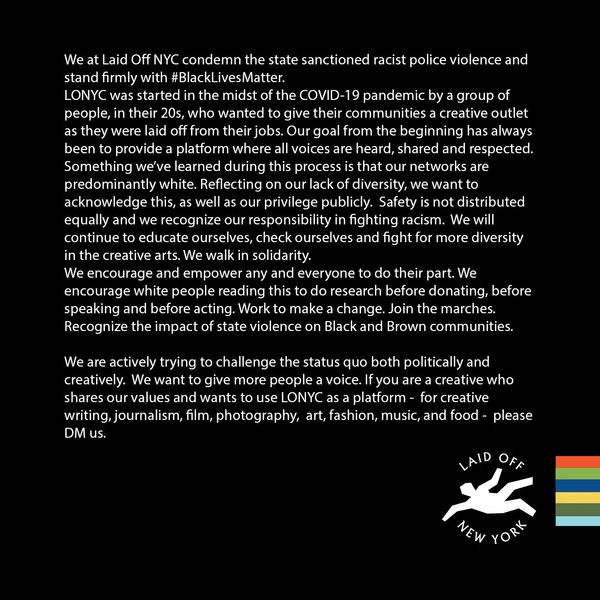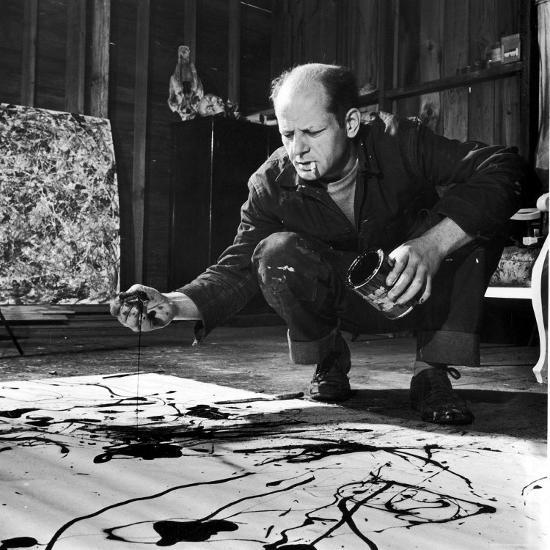by Bryce Bennett
Finishing up an entirely inappropriate, mafioso-esque call with Georgia’s Secretary of State, Brad Raffensperger, on January 2nd, President Donald J. Trump offered up a thought that might qualify as his most politically insightful. He had one last chance to convince Raffensperger, a Republican elected official, to recalculate the election results. His closing argument:
“...you're going to have people just not voting. They don't want to vote. They hate the state, they hate the governor and they hate the Secretary of State. I will tell you that right now. The only people like you are people that will never vote for you.”
Even for a guy known for speaking his mind, this stood out as an especially honest read of the situation. We’ve all been told a hundred times now that, to Trump, facts are subordinate to his ego. Truth is characterized by its usefulness to him personally. The fact that he would try to bully someone into doing what is best for himself was not surprising to anyone.
What jarred me was hearing Trump say something that’s 100 percent true.
In the Trump era, a certain cast of characters—Sen. Mitt Romney, George Conway, House Republicans who voted to impeach, et al.—have engendered a distinct sort of respect from folks to their left. These brave RINOs—while far from heroes, and still objects of scorn to many progressives—have at least distinguished themselves as “not in the Trump cult.” What is their reward?
They have more clout than their peers with a group of people who will probably never vote for them. Liberals may be grateful that people like Raffensperger stood up to Trump’s recent power grab, but they’re still going to vote for the more progressive candidate in most races. Trump is right: In a polarized, two-party system of electoral politics, winning points with the other side gets you nowhere.
The electoral incentive for ethical behavior may soon vanish from general elections. When push comes to shove, a candidate’s personal ethics have become tertiary to their policy positions and partisan affiliation. In fact, for a lot of us, the issues are so important that we believe a person’s political positions define their personal ethics.
A lot of the damage Trump did was not because of his conservative policies, but because he was a narcissistic lunatic who sucked at his job. A more competent conservative President might have done something about covid-19; a less volatile conservative President may have had the sense to not attack peaceful protestors with federal police; a less narcissistic conservative President would have accepted the results of a democratic election. Trump’s weaknesses were obvious to (nearly) everyone, but they were subordinate to righteous tax cuts and blessed conservative judges. Once the right elevated their policy goals above the old-fashioned platitudes of past generations—notions such as civility in public life—they opened the door to rationalize any kind of bad behavior.
As many see it, the increasing propensity of the right to take the low road creates pressure for their opposition to follow suit. You never win playing by the old rules of the game. The left needs to learn how to fight back but risks repeating the mistakes of the right if it loses sense of where this all is heading.
The upshot is that it’s up to us (liberals, progressives, centrist democrats, socialists, and political agnostics who are into Andrew Yang) to elevate Democratic candidates with integrity. While the dirtbag left is obviously cool as an aesthetic, the reality is that contempt for institutions and a disregard for civility are not glamorous. If it becomes necessary to treat the opposition as the enemy, this tactic should be taken with seriousness and caution. Putting our faith in anyone who shows tyrannical tendencies—no matter their ideology—is a dangerous game.
The day may come when a reality TV star runs for president as a Democrat, campaigning on issues of social justice and prison reform. Conservatives will obviously hate them, as is customary. The question is: if a narcissistic aristocrat runs on the right platform, will you give them a chance?

Get to know Bryce better: @bbennett3



